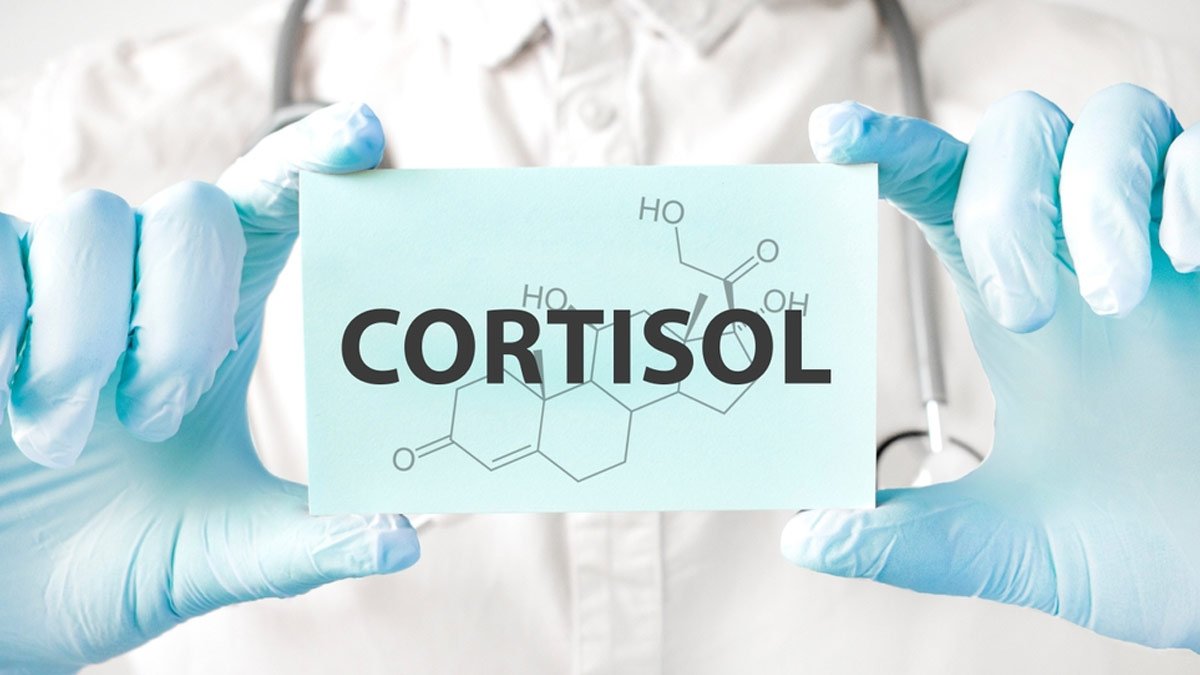
Stress has been a constant companion in today's life, be it office pressure, family obligations, or the frenetic pace of day-to-day living. Meditation, exercise, and sleep have been touted as major stress-busters, but what you eat may also be an incredibly effective stress-manager, according to research and medical experts. Some foods can balance cortisol, the main stress hormone, and keep the nervous system better equipped to deal with tension.
Table of Content:-
In an exclusive interview with the editorial team of Onlymyhealth, our expert, Dr Bhumesh Tyagi, General Physician and Internal Medicine Specialist, Shardacare, Health City - Noida, answered whether certain foods help regulate stress hormones.
How Stress Impacts the Body
“Under stress, your adrenal glands secrete cortisol and adrenaline. These hormones get your body ready to fight or flee, but constant stress keeps them up, which brings fatigue, anxiety, compromised immunity, and even weight gain,” Dr Tyagi explained. That's where nutrition enters into play. Certain foods can keep hormones in check, minimise inflammation, and induce a more peaceful mind.
Foods That Aid Stress Hormone Balance
According to Dr Tyagi, food items that help regulate stress hormones are:
1. Fatty Fish (Salmon, Mackerel, Sardines)
Omega-3 fatty acid-rich, these fish reduce inflammation and can decrease cortisol levels. Omega-3s also contribute to healthy brain function, which aids in increasing resilience to stress.

Also Read: Surge in Dengue cases in Delhi NCR - Current Stats and Prevention Tips
2. Dark Chocolate
Dark chocolate (70%+), when taken in moderation, reduces stress hormone production due to the antioxidants flavonoids. In fact, it increases serotonin, which is a feel-good neurotransmitter.
3. Fermented Foods (Yoghurt, Kimchi, Sauerkraut)
A healthy gut is majorly connected with stress management. Probiotics in fermented foods enhance the gut-brain axis, reducing anxiety and modulating stress responses.
4. Green Leafy Vegetables (Spinach, Kale, Swiss Chard)
Rich in magnesium, these greens regulate cortisol levels and facilitate muscle relaxation. Magnesium deficiency is frequently associated with increased stress and anxiety.
5. Berries (Blueberries, Strawberries, Blackberries)
Rich in vitamin C and antioxidants, berries regulate cortisol levels while boosting immunity during stress.
6. Green Tea
Rich in L-theanine, an amino acid that induces relaxation without causing drowsiness. With a small amount of caffeine, it enhances concentration while soothing the mind.
7. Nuts and Seeds (Almonds, Walnuts, Pumpkin Seeds)
They supply magnesium, B vitamins, and healthy fats, all of which stabilise mood and control stress hormones.

Dietary Habits That Matter
It's not necessarily what you eat, but how you eat. Missing meals, overuse of caffeine, or sugar binges can exacerbate cortisol imbalances. To maintain hormone equilibrium, here are some expert-approved ways:
- Eat protein, healthy fats, and complex carbohydrates with each meal.
- Drink plenty of water throughout the day.
- Avoid processed foods and refined sugars.
Bottomline
No single food can undo stress, but eating a balanced diet can make a big difference in how your body responds to it. Adding hormone-friendly foods such as fish, leafy greens, nuts, and berries provides your body with the tools it needs to remain calmer, more energised, and better able to cope with life's stresses.
Also watch this video
How we keep this article up to date:
We work with experts and keep a close eye on the latest in health and wellness. Whenever there is a new research or helpful information, we update our articles with accurate and useful advice.
Current Version